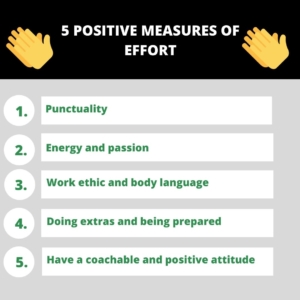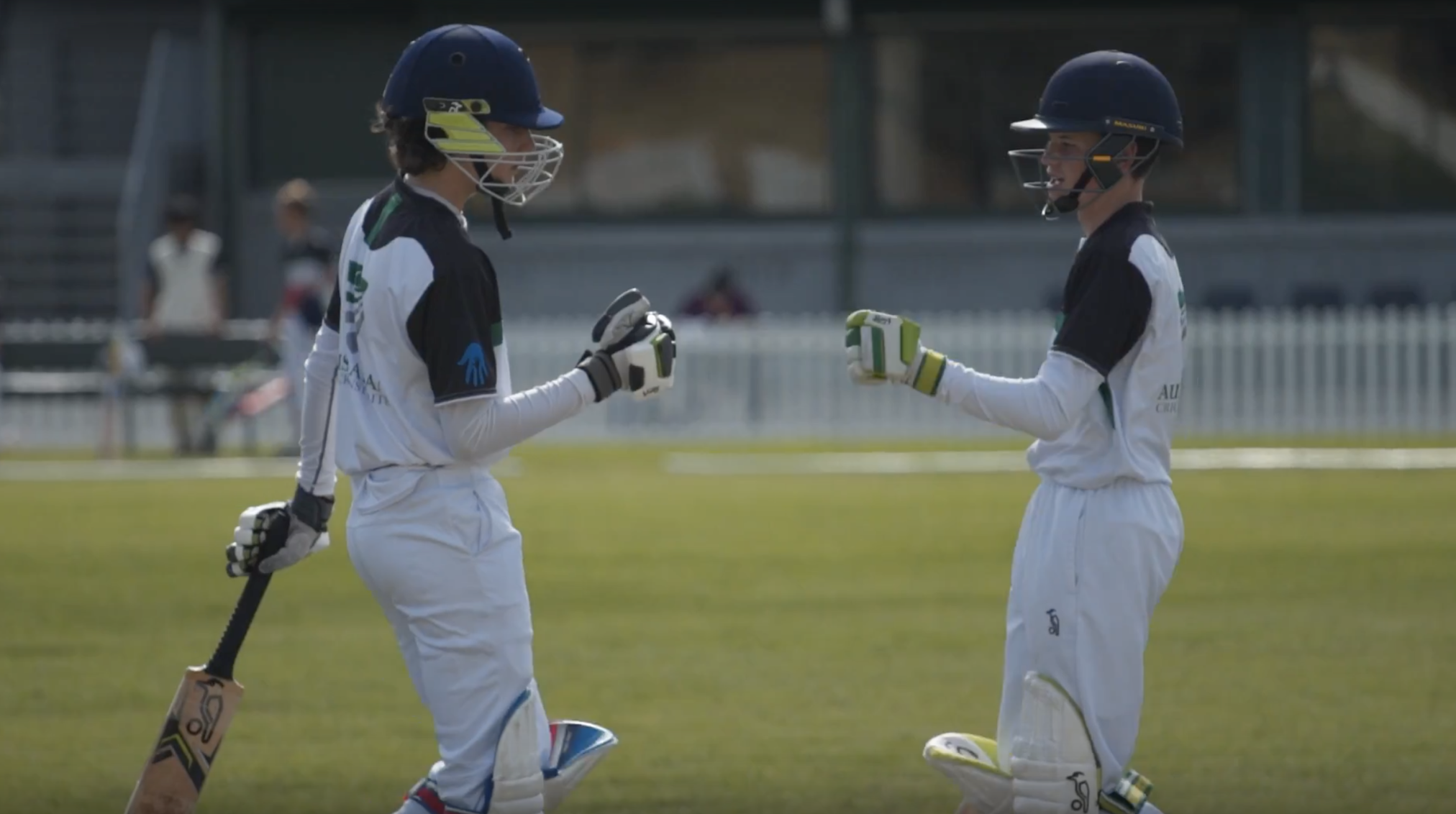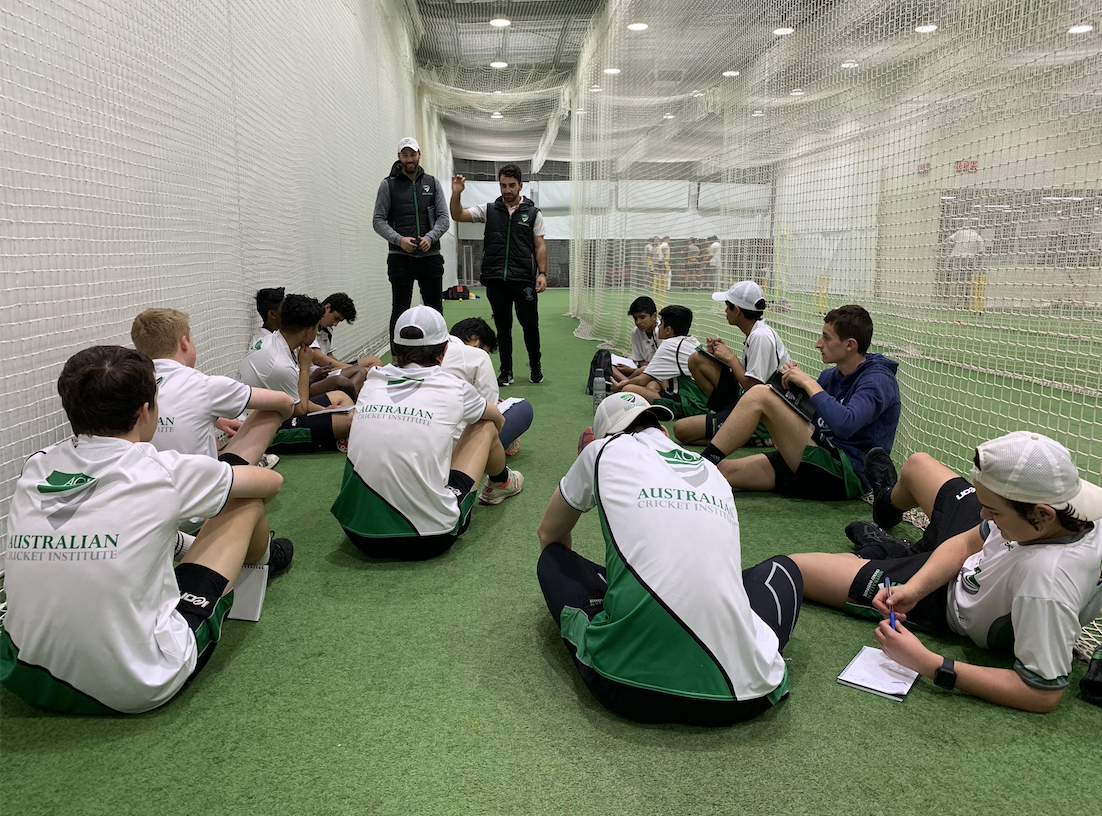Alex Carey, the current Australian One-day and T20 vice-captain & wicket-keeper recently joined us for an interview as apart of the ACI's free 4-week Junior Wellbeing & Activity Program. Below is an overview of the interview along with some questions & answers that some of our lucky members of the program got to ask.
Alex's had an interesting journey thus far, playing both footy and cricket growing up and right through his schooling days until year 12. Once things got serious, he elected to go down an AFL pathway into the national draft. He had to choose one, he definitely loved cricket but couldn't pass up the opportunity to play AFL. This meant no cricket for 2 full seasons, no practice, no skills. After his decision to return to cricket, this meant finding his way back into the South Australian system by making his way through grade cricket at Glenelg. He credits his brother and dad a lot - always being there for him in terms of coaching, participation & moral support. That's where we'll pick up the interview;
‘To be elite at whatever you choose to do in life, you’ve got to work really hard and be passionate. The best normally do the most.’
ACI: Who were your biggest role models growing up?
AC: My father and older brother are certainly my two biggest supporters. Lots of young cricketers have their parents around to be their role models in life and it’s such massive support. In a professional sense, I loved watching Adam Gilchrist play - obviously being a left-hand wicket keeping batter like myself. The way he handled himself on the field, he always had a big smile on his face. Now to have a relationship with him and call him a mate is pretty special. Not only playing-wise but morally to have him as a role model was fantastic to aspire towards. At the end of the day though, family is key!
ACI: Do you think AFL is a good crossover sport for cricket?
AC: Certainly, football and cricket are two awesome sports. Footy keeps you fit, you're outdoors and you have a heap of mates on that team. Basically any sport that involves a ball, hand-eye, and lots of activity are great options to do while you’re not playing cricket.
ACI: Do you have a wicket keeping routine?
AC: Yes and you definitely should have one in between balls, especially if you don’t need to run up to the stumps or be involved in the contest. You should try and switch off as much as you can but my routine is;
- Look around the field and the positions.
- Mark my spot and scratch where I need to stand.
- Crouch into the hands and knees…
- Into stance and switch back on.
ACI: How much time do you dedicate to your batting vs your keeping when training?
AC: Personally, keeping is my number one skill so I do some really solid sessions around that. Some days it’s one or the other - I have to be able to trust my preparation for that. The off-season can be a lot about recovery and making sure you’re mentally prepared to go around again. In this time there are probably more opportunities to do longer sessions, get more time into the legs and do some higher volume with my batting prep.
He continues...
‘You need to take ownership of your own game and make sure you have that feeling of achievement when you finish the training session. It can be a juggling act chasing the perfect preparation leading into a game, you need to be fresh but you also need to keep those skills relevant.’
ACI: During the World Cup semi-final, how did you respond to being hit by Jofra Archer?
AC: We were under a fair bit of pressure at the time already, not the ideal situation you want to be in when needing to post a big score. Jofra is an elite bowler and he’s so skilled, I don't know how he does it. I copped that bouncer on the chin and got a few stitches in but was lucky to be batting with Steve Smith at the other end. It was probably more uncomfortable if anything plus I had to hold up the game. As it started going numb and a bit sore, for me personally it was about us posting a score which we could defend. I was so focused on us getting the job done and playing a good innings, I would worry about the repercussions of injury later.
ACI: Who’s the best bowler that you’ve faced?
AC: Rashid Khan is the best I’ve kept to, he’s quite special. He’s also bowled to me and is really tough to pick.
ACI: Your favourite format?
AC: They’re all exciting for different reasons! T20 is certainly a rush, one-dayers are a real test of your skills over time and 4-day cricket is all about patience. I love them all for different reasons!
ACI: Favourite venue to play at?
AC: Adelaide Oval - it’s pretty cool. Otherwise, Lords. Lords is Lords, the history that’s there with the old stands. We won two world cup games there so it’s quite a special place to play! It’s a strange slope, but you’re overawed by the history there.
ACI: Who do you follow in the AFL?
AC: I follow the Adelaide Crows, as well as Dylan Shiel at Essendon and have a soft spot for the giants.
ACI: Do you prefer batting or keeping more?
Depends if I make runs (laughs) however, keeping gives you another chance to be a part of the game!
ACI: What have you been doing cricket wise during isolation? Are you training and still catching balls?
AC: Yep certainly doing lots of running, I really enjoy that. I’ve got some weights out in the backyard to get something through the legs. I’ve got my golf balls for catching as well. I’m also having a hit tomorrow going indoors to keep my skills up. I can’t sit still so I really enjoy trying to stay fit and strong as well as hitting balls - it’s what I love doing. Right now I’m really appreciative of the time I can have with my family.
ACI: Thanks so much for coming on Alex! We really appreciate it and we’ll be supporting you in the Aussie colours when you’re back!
AC: My absolute pleasure and it’s so great to see these questions coming through and it’s great to have that support!
For the full interview head to our Facebook page by clicking here
IF YOU WOULD LIKE MORE INFO ABOUT THE 4-WEEK JUNIOR CRICKET WELLBEING & ACTIVITY PROGRAM - CLICK HERE







